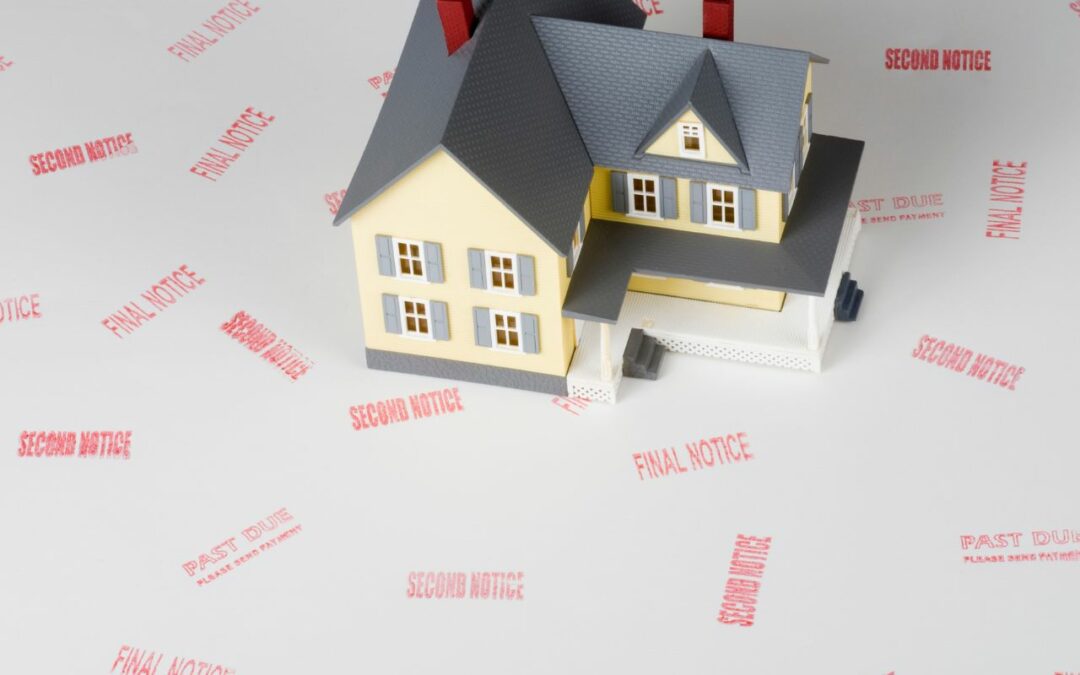We’ve all experienced tough times in the past. Unable to make your mortgage and insurance payments, losing your Salisbury, NC house as a property owner may be one of the biggest financial disasters there is. Miss a certain number of payments on your mortgage and you’ll be facing foreclosure; this is par for the course on any mortgage agreement.
Foreclosures Happen To The Best Of Us
Most foreclosure proceedings will not start until you have skipped 3 to 6 mortgage payments. It is crucial to understand that foreclosures happen in multiple steps. The first stage is called pre-foreclosure. This signifies that the property owner has missed payments, and the bank may or may not foreclose on the delinquent property.
The second phase is referred to as a short sale, where the owner tries to sell their property before the bank does, with the market value falling just a bit short of what they owe. It’s possible that the bank won’t accept offers less than the outstanding balance at this time, depending on your bank. If the owner can persuade the bank to short-sell, it will be much better for their credit rating.
The third stage is a foreclosure auction. This is when the bank attempts to get as much money as possible for the house in a relatively short period of time. An REO, which stands for “Real Estate Owned,” is the fourth step. If the property can’t be sold via auction, the bank reclaims ownership of the property and puts it up on the market.
If you allow your Salisbury, NC house to go into foreclosure, the bank will take title or “possession” of it. Your credit score will drop because of this, and any future landlords will see the foreclosure on reports they run. The foreclosure stays on your credit for a minimum of seven years, sometimes up to 10 years. However, depending on your situation, you may be allowed more time to live in your home due to the statutory redemption period that applies in cases of foreclosure.
The length of this process varies depending on if you took title via mortgage or deed of trust. If it was a mortgage, the process could be as quick as 30 days or up to two years. However, if you have not been able to reinstate your loan or make payments by the end of the redemption period, then you’ll have to move out immediately. Deeds of trusts typically don’t offer statutory redemption periods, so those in that situation would have to leave right away.
Is A Short Sale Really The Answer?
You might be wondering what a short sale is and if it’s the right choice for you. A short sale occurs when you list your home for sale during the foreclosure process in an effort to get enough money from the sale to cover what you owe on your mortgage. This is ideal for individuals who realize they won’t be able to make future mortgage payments but whose banks have not yet taken legal action. By listing your house before official proceedings begin, buyers may offer close to or even equal the remaining balance on your loan.
Keep in mind that you will need to stay in close contact with the lender during this entire process, and you must be prepared to wait for any offers you receive. If an offer is made that the bank approves of, selling your Salisbury, NC house to that buyer would help reduce some of the negative credit impact caused by foreclosure. While there is still an effect on your score, it would be less than the effect of a foreclosure.
The ideal solution is to avoid the foreclosure procedure entirely and work out a sale of your property before you start missing loan payments.
Are you currently trying to decide whether a foreclosure or short sale would be better for your Salisbury, NC house? If so, please don’t hesitate to contact us today at (704) 614-6699. We would love to discuss all of the options that are available to you and help you make the best decision for your situation.





